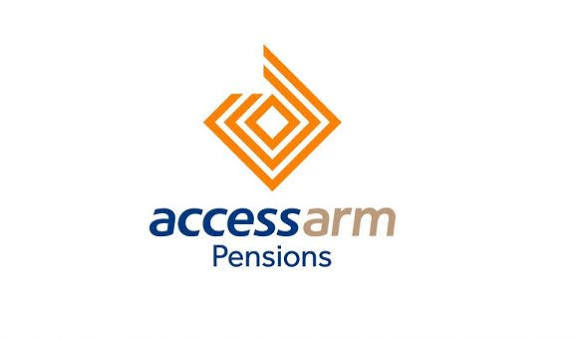The Nigerian Electricity Regulatory Commission has granted approval to six firms and Nile University of Nigeria in Abuja to generate and distribute electricity, following ongoing power outages caused by frequent grid collapses.
These entities will be permitted to generate up to 30 megawatts of electricity through various arrangements, aiming to address the country’s energy challenges.
According to a report by NERC, the commission issued an off-grid generation license to Daybreak Power Solutions Limited in the last quarter of 2024, with a gross capacity of 2.63 MW.
Additionally, the commission approved captive power generation permits for four applicants, collectively totaling a capacity of 22.50 MW.
The applicants are Ro-Marong Nigeria Limited in Amuwo-Odofin, Lagos (4.40 MW); Quantum Paper Limited, Agbara, Ogun State (7 MW); Psaltry International Company Limited, Alayide village, Oyo State (1.10 MW); and Nile University of Nigeria, Airport Road, Jabbi Abuja (10 MW).
Captive power generation permits are granted to entities that plan to own and operate power plants solely for their own use, meaning they are not permitted to sell the electricity generated to any third party.
Pursuant to section 165(1)(m) of the Electricity Act 2023, which states that the commission shall “award licences of mini-grid concessions to renewable energy companies to exclusively serve a specific geographical location indicating aggregate electricity to be generated and distributed from a site with the obligation to serve customers to request service”, the regulator said it continued to encourage the development and utilisation of renewable energy by issuing permits and registration certificates for mini-grid development.
A permit is typically granted to mini-grid developers for the construction, operation, and maintenance of mini-grids with a distribution capacity exceeding 100 kilowatts and a generation capacity of up to 1 megawatt.
Additionally, the commission issues registration certificates to developers for systems with a distribution capacity of less than 100 kilowatts.
In 2024/Q4, NERC disclosed that it issued 24 permits with a gross capacity of 5.5 MW and five registration certificates with a gross capacity of 450 kW.
As of September last year, approximately 250 manufacturers and academic institutions had disconnected from their power distribution companies to generate their own electricity, as Nigeria continued to face frequent blackouts.
Many of these organizations, which are significant electricity consumers, turned to self-generation in order to secure a more reliable power supply.
Experts have warned that the growing abandonment of the national grid by bulk electricity users could have serious consequences for the power sector, potentially worsening the country’s energy crisis.
Minister of Power, Adebayo Adelabu, said last year that “the majority of bulk electricity users, such as industries, are off the grid due to a lack of trust and confidence in the past. They now have their own captive power plants in their industries, which is more expensive.”
According to him, relying on captive power instead of connecting to the grid is more expensive in the long run.
“The average cost of producing captive power is about ₦350 to ₦400 per kilowatt-hour for those connected to gas lines. For diesel it’s between N950 and N1,000,” he said.









